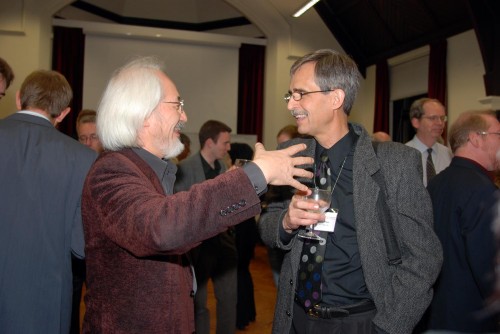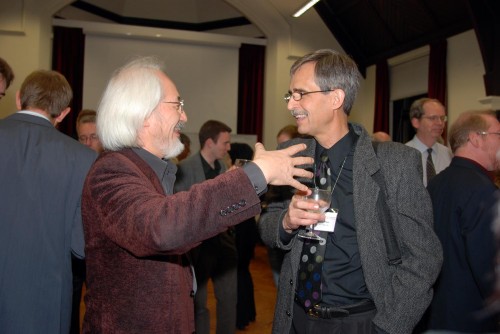
From 2015 to 2020 Melvin P. Unger served as the Director of the School of Music at the State University of New York at Fredonia, where he worked collaboratively with a talented staff and faculty of 100 and a student body of 600 music majors. He now holds the title Director Emeritus.
Advances made during Dr. Unger’s tenure at the School of Music include the institution of a live-streaming program staffed by members of the Sound Recording Technology Program, the preparation and submission of the 10-year re-accreditation application to the National Association of Schools of Music, regulatory approval and institution of four additional tracks in the BA Music degree program (among them jazz), approval and institution of additional graduate degrees in Music Education, a recording grant from the Sorel Organization for the promotion of women artists and composers of wind band literature, successful collaborative fund-raising with leaders in the College Foundation, extensive expansion and upgrading of the School’s instrument inventory (including the order of a Klop continuo organ), and the hiring of highly talented and motivated artist-teachers. During his time at the School, Dr. Unger also taught graduate students in choral conducting and directed choral ensembles.
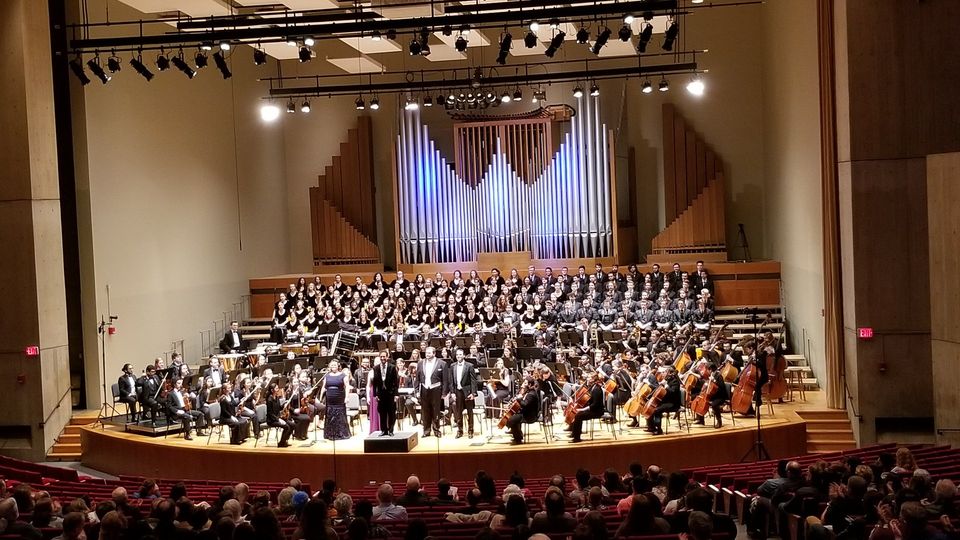

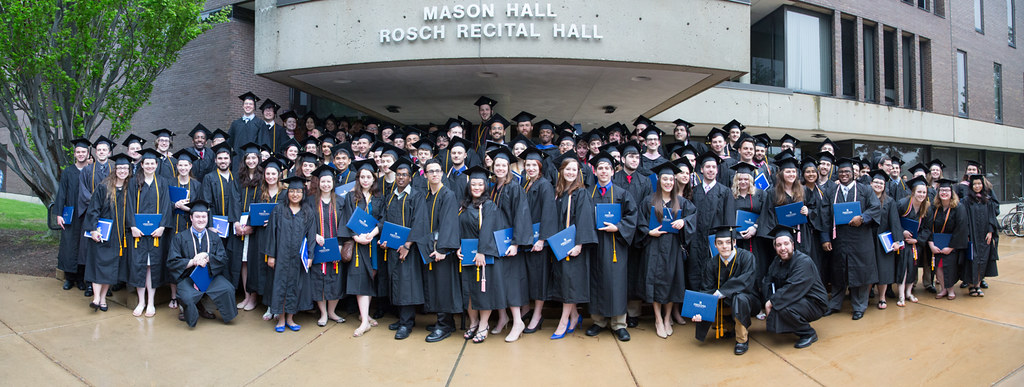
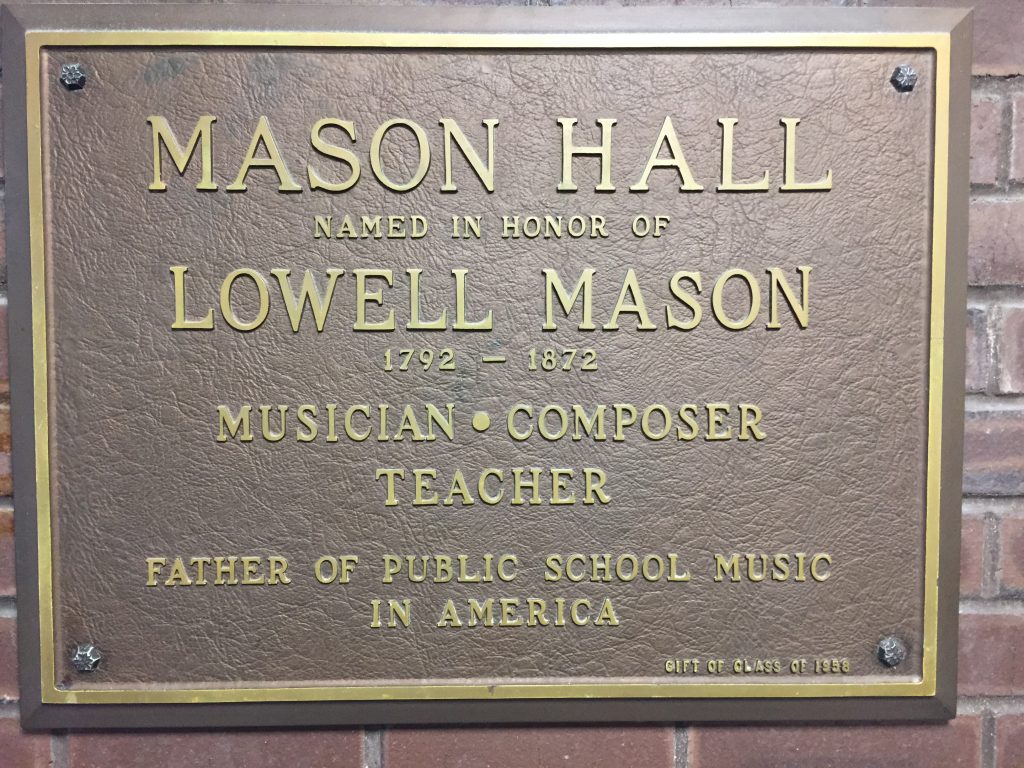
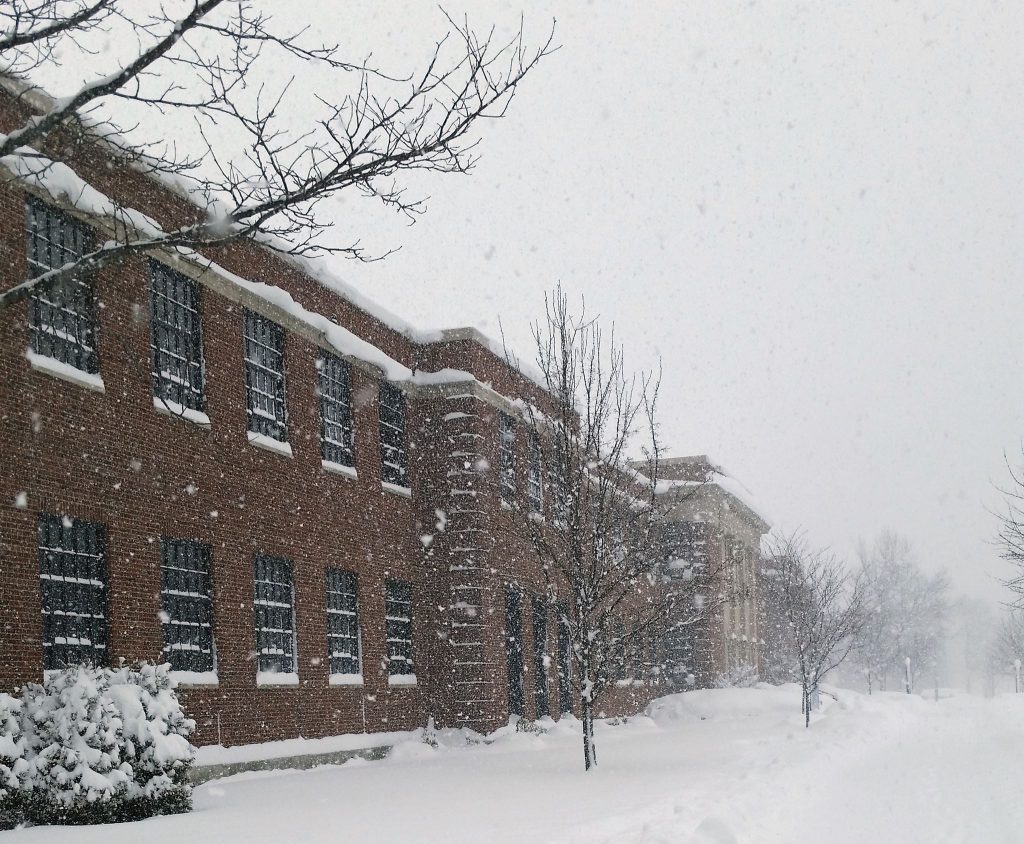
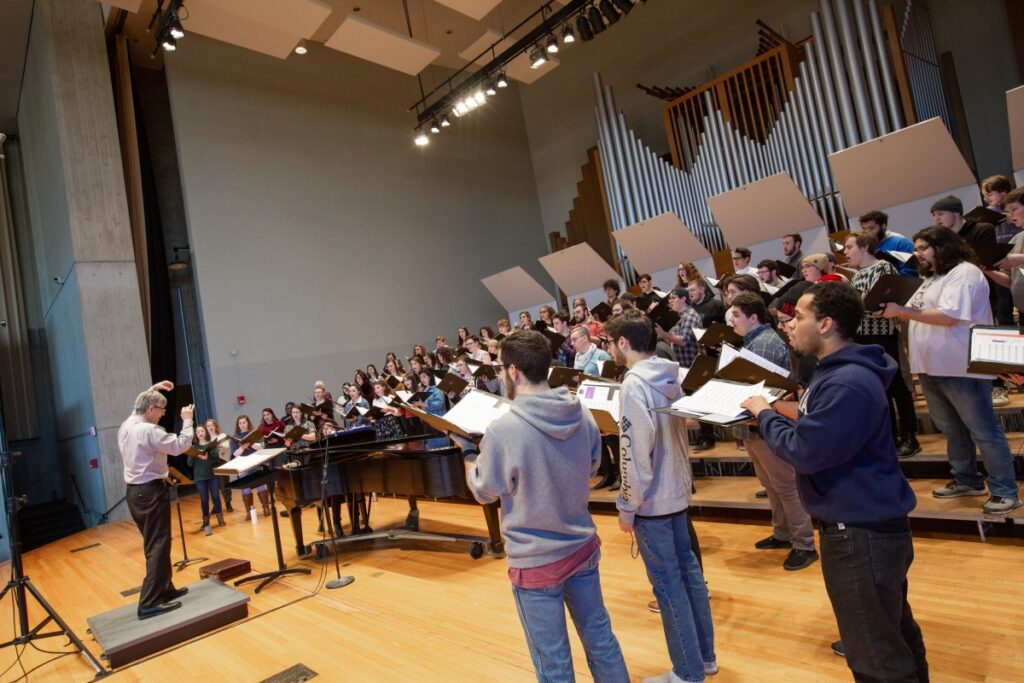
From 1998 to 2015, Melvin Unger held the Riemenschneider Chair in Music History and Literature at Baldwin Wallace University, where he served as Director of the Riemenschneider Bach Institute. Advances under his leadership included the securing of NEH grants, heightened international visibility and regard for the Institute’s journal BACH (sent to subscribers in 26 countries and now available online through EBSCO, JSTOR, and RILM), the creation of opportunities for staff development, the planning and completion of renovated/expanded facilities, and the establishment of an endowed scholar-in-residence program.
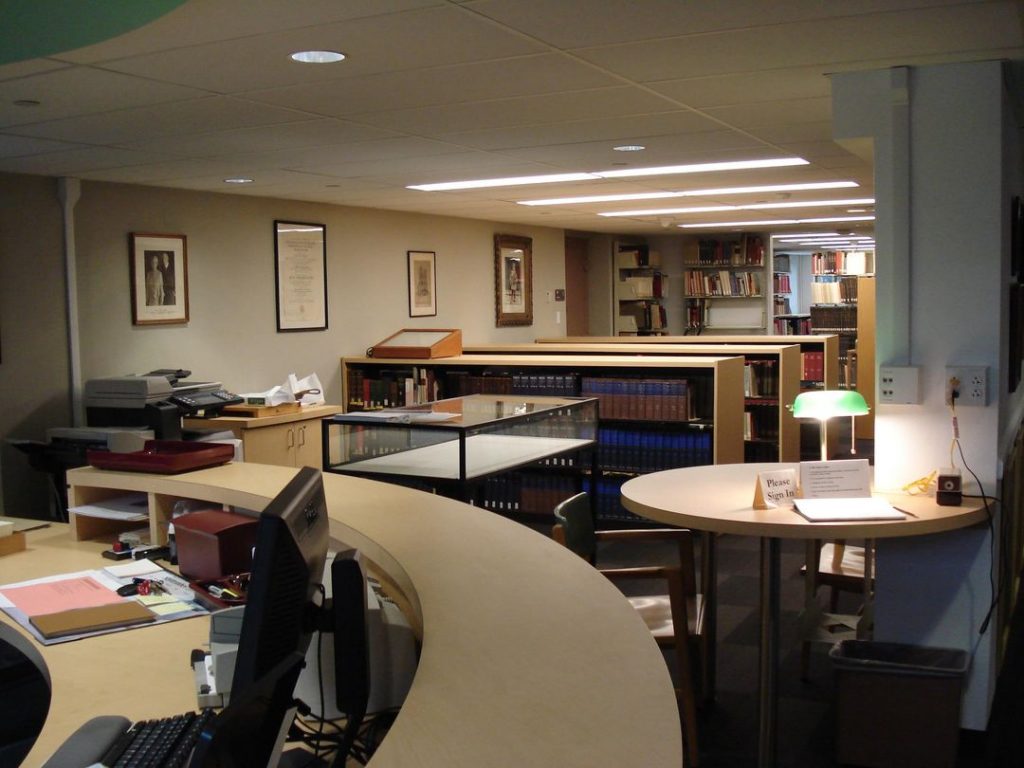
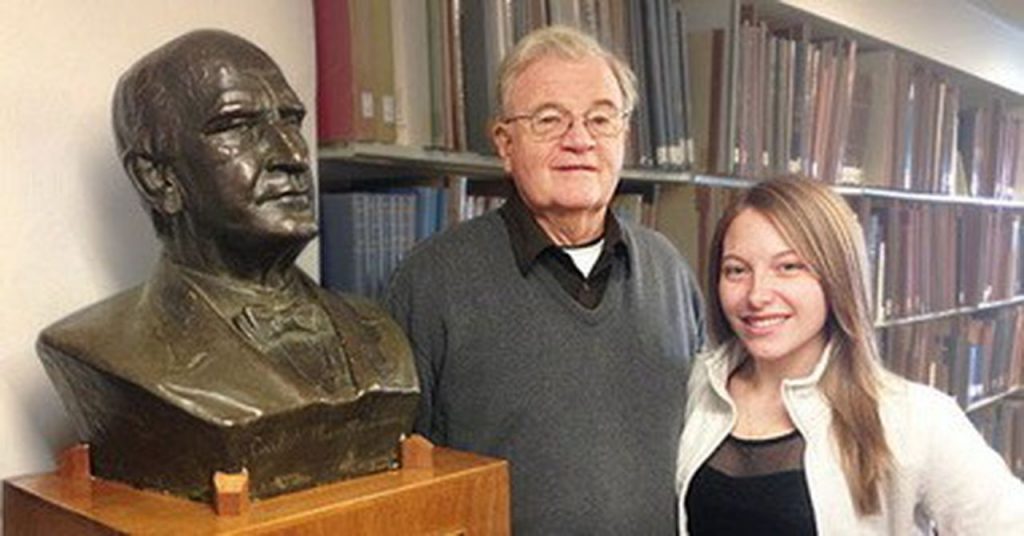
A bust of Karl Riemenschneider, Tom Riemenschneider, and Maureen Schindler,
representing 6 generations
In 2012–2013, as a Fellow with the Emerging Leaders Program of the American Council on Education, Dr. Unger worked at Roosevelt University (Chicago) with President Charles (“Chuck”) Middleton in the university’s strategic planning process, alongside consultants from Penson Associates and Noel Levitz. During the year, he also met with leaders of more than 20 institutions of higher education, participating in discussions of the most pressing issues in higher education today. These included the different models for MOOCs (Stanford, Coursera, and Udacity), current issues in athletics (NCAA headquarters), integrating cost and design processes to manage construction contingency (Wayne Community College, Detroit, and Hamilton Anderson Associates), risk management (University of California, Office of the President), academic renewal (Howard University), access and student stratification in higher education (Center on Education and the Workforce, Georgetown University), and meeting the nation’s 2020 completion goal (Lumina Foundation), to name a few. For his “focus project” (a required element of the fellowship program), he chose to study best practices in integrating the liberal arts with professional career programs. The result was a 10,000-word white paper referencing 46 colleges and universities. For Roosevelt University, he produced a study of similar length, identifying the commonalities among nine of the university’s academic and administrative “centers of excellence,” relating his findings to the national literature and making recommendations on how these centers could be replicated. For DePaul University, Dr. Unger co-wrote a white paper on opportunities for leveraging their efforts in community engagement. During the year, he also completed the three levels of training required for certification by the Society of College and University Planning (SCUP).


Before 1998, Dr. Unger taught at the North American Baptist College in Edmonton, Alberta, where he served as head of the NAB College Music Program and directed the College Choristers for many years.

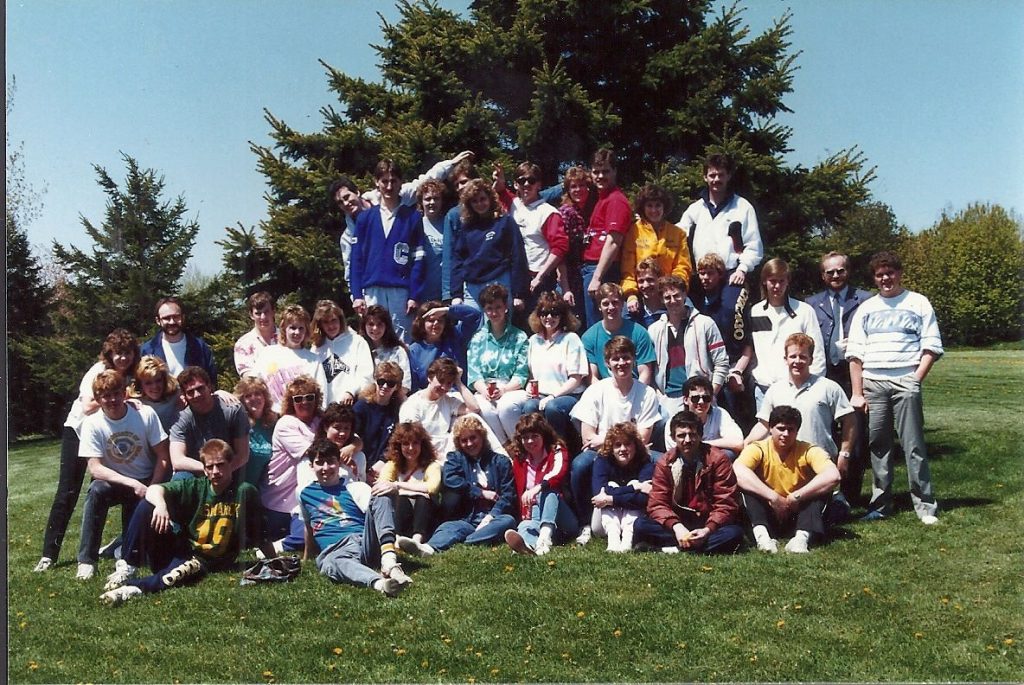
Mel Unger was the founding director of the Baldwin Wallace Singers, and from 2001 to 2015 he also conducted the Singers’ Club of Cleveland, a male chorus serving the greater metropolitan area of Cleveland with an annual subscription series. Before moving to the U.S. from Canada, he served for 18 years as music director of the Da Camera Singers in Edmonton, a choir of semi-professional caliber. He holds the D.M.A. degree in choral music from the University of Illinois (where he was a University fellow), the M. Mus. degree in choral conducting from the University of Oregon (home of the Oregon Bach Festival), and the B. Mus. degree in choral music education from the University of Saskatchewan (Canada). He was one of the first North American conductors to study with Bach specialist Helmuth Rilling at the Hochschule für Musik und darstellende Kunst in Frankfurt, while on a scholarship from the German government (Deutscher Akademischer Austauschdienst).
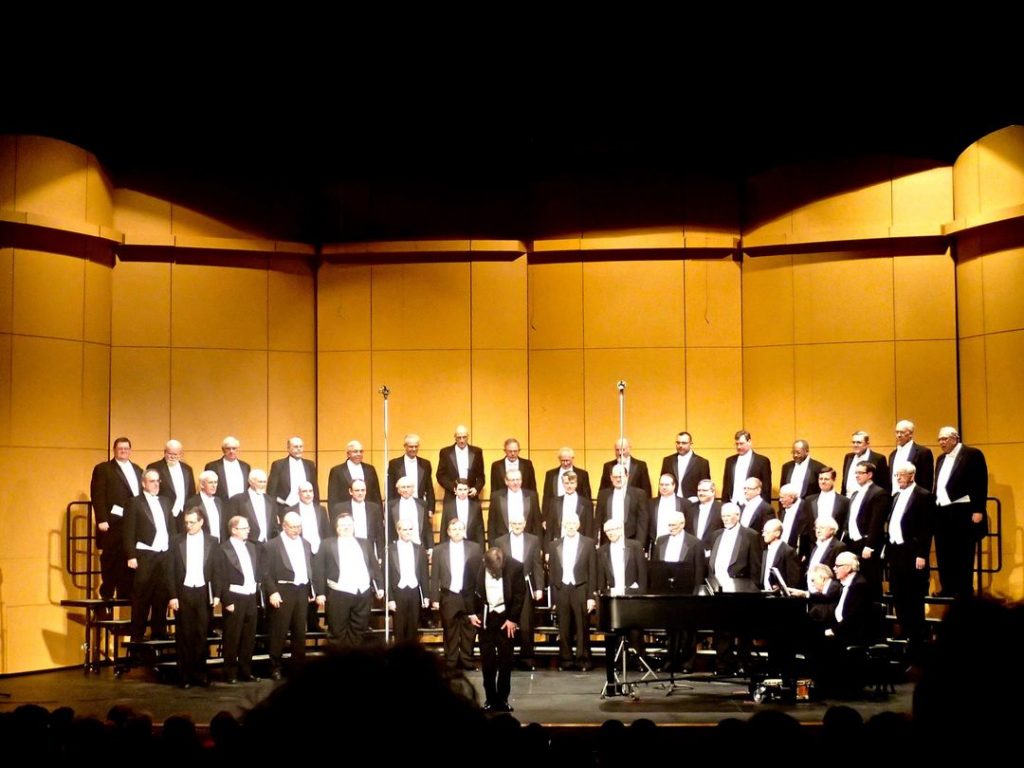
Dr. Unger has collaborated with a diverse array of composers, soloists, conductors, ensembles, and theatrical directors. Among them are Grammy Award-winning composers William Bolcom and Chen Yi, Grammy Award-winning bass-baritone Mark Doss, Heldentenor Timothy Mussard (winner of the 2009 Prix Lauritz Melchior Award), Armenian-American composer Loris Chobanian (premiere of April 24 – Armenian Requiem), the Alberta Baroque Ensemble, the Cleveland Women’s Orchestra, the Saskatoon Symphony Orchestra (Britten’s War Requiem), and Canadian Big Band legend, Tommy Banks (Canadian Country Music Awards). His ensembles have appeared at numerous national and international conventions and festivals, including the Toronto International Choral Festival and the Classical Music Seminar-Festival in Austria, where his choir served as principal chorus-in-residence, an honor that included a performance of Vierne’s Messe solennelle at St. Stephen’s Cathedral in Vienna. His North American appearances have taken him to twenty-four states and provinces.
Dr. Unger’s publications include numerous scholarly articles, several critical music editions, and five books, the most recent being Historical Dictionary of Choral Music (Scarecrow Press, 2010, now in revision for a second edition). He is a recipient of the Gigax Faculty Scholarship Award at Baldwin Wallace University (2015), the American Bach Society’s William H. Scheide Fellowship (1996), two American Choral Directors Association’s Awards (1991, 1997), and the Association of Canadian Choral Conductors’ 1998 Book Award. He is a present or past member of numerous advisory boards including the Ohio Choral Directors Association and the American Bach Society.


